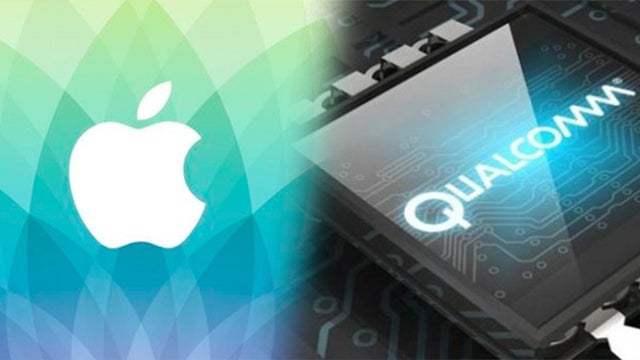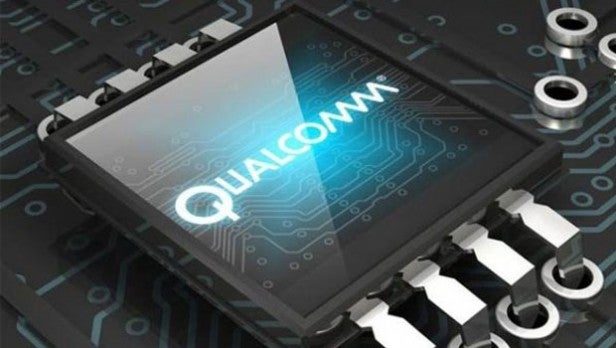Qualcomm vs Apple: Chip-maker seeking import ban on iPhones in the US

Apple and Qualcomm are currently engaged in a legal battle after Apple sued the chip-maker over royalty charges for “technologies they have nothing to do with”.
Apple also refused to pay rebates to the company, which prompted Qualcomm to countersue, accusing Apple of making false statements and contravening licensing agreements.
Now, Qualcomm has gone a step further, according to a Bloomberg report, and will be asking a US trade agency to ban imports of iPhones to the country.
Related: iPhone 8
Apple’s handsets are currently manufactured in Asia, and Qualcomm is reportedly seeking to stop the devices entering the US by appealing to the Washington-based International Trade Commission.
Bloomberg’s report cites “a person familiar with the company’s strategy” as claiming the chip-maker is “incensed” by Apple not paying agreed licensing fees.
The US market accounts for 40% of Apple’s total sales, and with reports already emerging about possible delays for the upcoming iPhone 8 due to technical challenges, the last thing Apple needs is a ban on importing its phones to the US.

Apple relies on the iPhone to provide more than 60% of its overall sales, while Qualcomm has already been forced to cut its revenue projections by $500 million this quarter due to Apple witholding licencing fees.
The ongoing legal dispute between the two companies started in January when the United States Federal Trade Commission (FTC) filed a complaint against Qualcomm for allegedly engaging in anticompetitive patent licensing practices.
Apple then sued the iPhone parts provider for $1 billion for allegedly witholding rebates and inflating patent prices, with Qualcomm issuing a statement refuting the claims in the suit.
Before countersuing, Qualcomm claimed Apple had “intentionally mischaracterized our agreements and negotiations, as well as the enormity and value of the technology we have invented.”
The chip-maker owns several essential patents in the CDMA (code division multiple access) and LTE (long-term evolution) mobile standards, many of which were used in the iPhone 7 and iPhone 7 Plus.
Mobile companies pay royalties to use the patents, and Qualcomm provided Apple with GSM and CDMA-enabled iPhone 7 modem chips, with Apple’s lawsuit alleging the company overcharged for use of its chips and patents.
As Bloomberg reports, Apple CEO Tim Cook said of efforts to block iPhone sales during a conference call with analysts this week: “That’s both the price and the business terms.
“Qualcomm has not made such an offer to Apple. I don’t believe anyone’s going to decide to enjoin the iPhone based on that. There’s plenty of case law around that subject. But we shall see.”
Going to the ITC makes sense for Qualcomm, as the quasi-judicial Washington agency can impose bans on imports quicker than judges.
The US chip-maker could also look to impose bans in other countries, though there’s been no word on that at this point.
Let us know what you think of the whole debacle in the comments.

